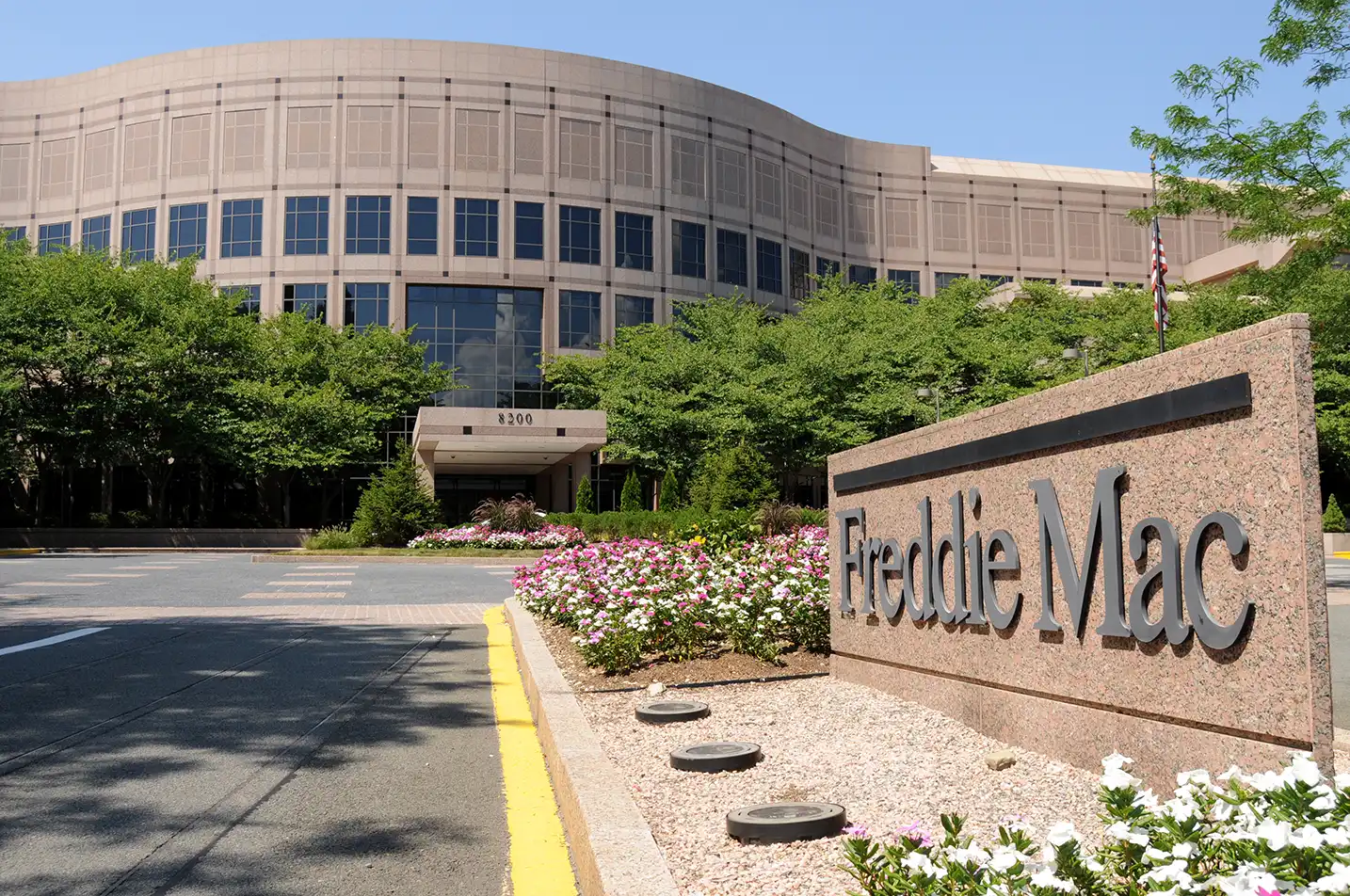In the wake of a series of high-profile fraud cases, Federal National Mortgage Association (Fannie Mae) and Federal Home Loan Mortgage Corporation (Freddie Mac) are gearing up to impose stricter rules for commercial property lenders. While these new regulations are not yet final, they could impose stricter verification and due diligence requirements above what certain lenders may already be doing on multifamily loans backed by Fannie Mae and Freddie Mac.
Stricter Due Diligence: Trust But Verify
Fannie Mae and Freddie Mac play a pivotal role in the real estate industry by guaranteeing loans from financial institutions and purchasing loans from lenders to expand the pool of funds available for financing housing. Together, Fannie Mae and Freddie Mac owned or guaranteed approximately 40% of the $2.2 trillion in multifamily mortgage debt based on their latest annual filings.
The new rules under consideration, driven by growing concerns about fraudulent mortgage practices, would require lenders to independently verify financial information related to borrowers for apartment complexes and other multifamily properties. This includes stricter requirements for confirming whether a borrower has adequate cash and verifying the source of these funds.
Additionally, lenders might also be required to complete due diligence on the appraised value of a property by evaluating its financial performance.
The extent to which the rule impacts multifamily lenders will hinge on their current policies and procedures. For some, it is common practice to verify any submitted data related to the financial performance. For other lenders, the rules could require the adoption of more safeguards, research and verification before approving a loan.
While this impending change could slow down deal activity in the multifamily sector, it is viewed as essential measures to safeguard against fraud and ensure that all aspects of a deal are thoroughly vetted.
A Seamless Transition for Many Lenders
Fannie Mae and Freddie Mac are signaling that the “trust but verify” approach, already common among some lenders, will soon become the standard across the board. Freddie Mac’s updated guidelines take effect on August 29, 2024, followed by Fannie Mae on October 31, 2024. For many established banks and seasoned lenders, these regulations may not cause significant disruption, as they’ve long adhered to stringent underwriting standards. During a recent episode of the CRE Weekly Digest podcast, a listener, who serves as a Chief Credit Officer at a regional bank, shared his perspective: “These rules, if they happen, would be a healthy change, but I’d be surprised if this is something lenders weren’t already doing as part of normal prudent underwriting.”
In CRE transactions, large, established institutions typically request copies of leases, particularly for tenants contributing a significant portion of the property’s income—usually 20% or more. They also verify borrower information and compare historical tax returns with current rent rolls to assess the property’s value. “These methods aren’t foolproof,” the Chief Credit Officer shared, “but they often help identify potential issues.” He recalled a situation where a lender uncovered a substantial discrepancy between a borrower’s tax returns and current rent rolls. When the borrower could not provide sufficient explanations or bank statements to validate the income, the lender wisely chose to withdraw from the deal.
Heightened Caution Under New Regulations
Whether the new rules require a substantial change to a lender’s underwriting or not, they serve as a warning that fraudulent schemes are being exposed at a time of higher capital costs and lower property prices. A recent high-profile case involving an apartment loan fraud, where three investors pleaded guilty to a multi-year conspiracy involving stolen identities, fake documents, inaccurate valuations, and a “double closing,” highlights the severe consequences of inadequate verification. This incident serves as a stark reminder of the importance of thorough due diligence in lending practices.
The “trust but verify” mantra isn’t just good advice—it could soon be a regulatory requirement. “As Fannie and Freddie tighten their lending rules in today’s challenging market, lenders need to assume a more risk-averse posture and ensure that their practices align with these heightened expectations,” said Dianne Crocker, research director at LightBox. “Failure to do so could result not only in financial loss, but also in reputational damage and regulatory scrutiny.”
The key takeaway? In a market with transaction volumes just coming back online, only time will tell whether the new rules will slow down the lending process.
